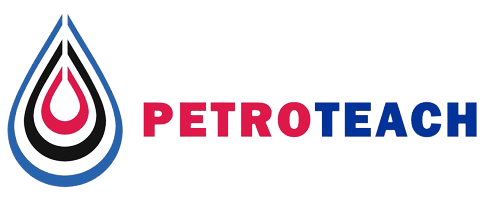PRO 513
Gas Hydrates, Theory and Practice
Professor Bahman Tohidi offers this 5- day course for those who want to be more familiar with hydrate challenges in petroleum industry, options to avoid hydrate problems, and safe removal hydrate blockages.



